In light of recent abuses of power, corruption, and political misconduct, including the killing of a ruling party MP, US sanctions against a former army chief, and the seizure of bank accounts and assets of a retired RAB and police chief following court directives, Transparency International Bangladesh (TIB) emphasized the urgent need for the government to demonstrate a zero-tolerance stance against corruption.
In a statement issued on Sunday addressing the corruption allegations against former army chief General (retd) Aziz Ahmed, former police chief Benazir Ahmed, and the killing of MP Anwarul Azim Anar, TIB Executive Director Dr. Iftekharuzzaman stated, “If the government and the ruling party only offer evasive explanations out of embarrassment, it will not only be unacceptable to the people but also be suicidal for the government.”
He noted, “The citizens of this country are already aware that these three highly publicized incidents are not isolated; they are symptomatic of deep-seated institutionalized corruption and represent just the tip of the iceberg. It is also clear that the responsibility for these crimes extends beyond those directly involved.”
Dr. Iftekharuzzaman added, “Unless both the perpetrators and those who aid, abet, benefit from, and protect them are held accountable, the government's election promises will be seen as empty rhetoric, and corruption and wrongdoing will continue to proliferate. Therefore, we urge to address the high-level power abuse by following due process and to release a whitepaper on corruption.”
He continued, “The irresponsible actions of former heads of significant state forces such as the army, RAB, and the police, along with a lawmaker, have instilled doubts and concerns about the government, the state system, and the governance structure in the public's mind.”
TIB stressed that if the government and the ruling party want to demonstrate respect for their promises, they must disclose the existing nature of power abuse, which is a fundamental element in all three cases, and publish a whitepaper on high-level corruption across institutions and sectors.
Additionally, following the ruling party's election manifesto, TIB called for the establishment of short-, medium-, and long-term strategies and guidelines to ensure good governance and prevent corruption.



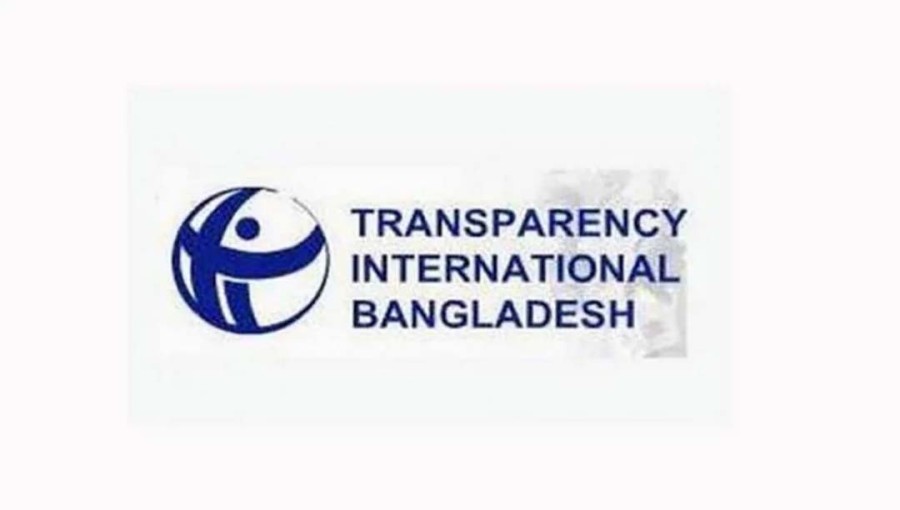

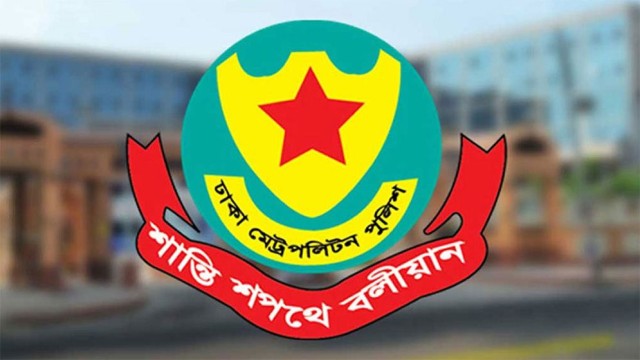
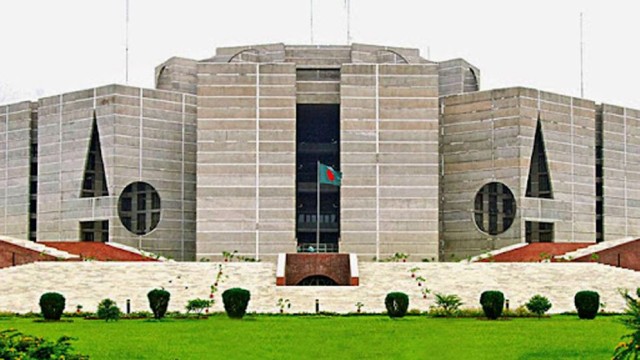
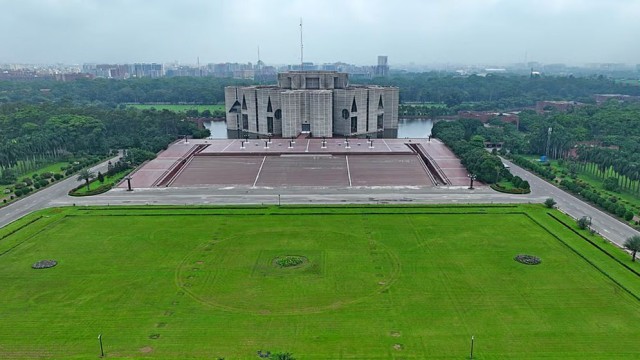

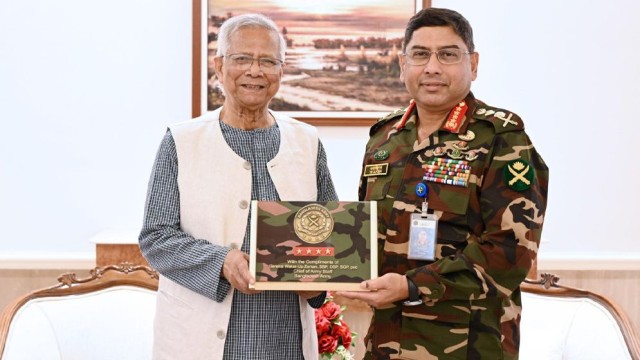
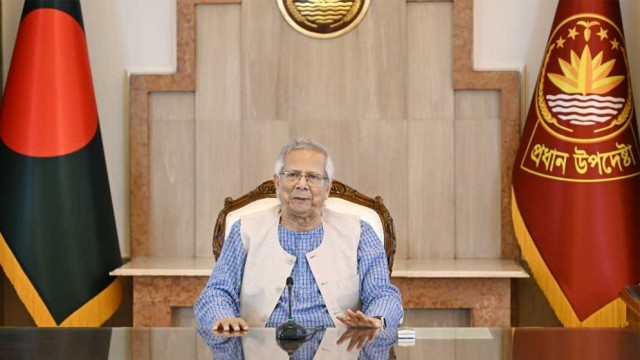

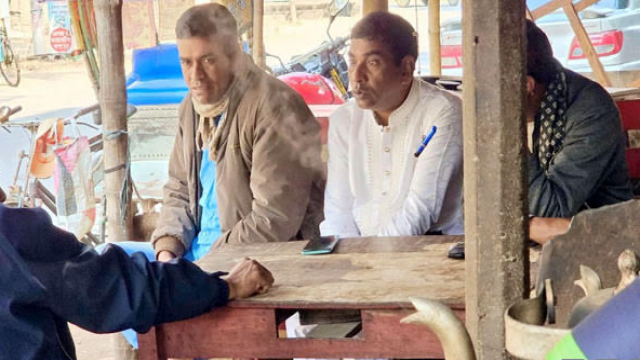





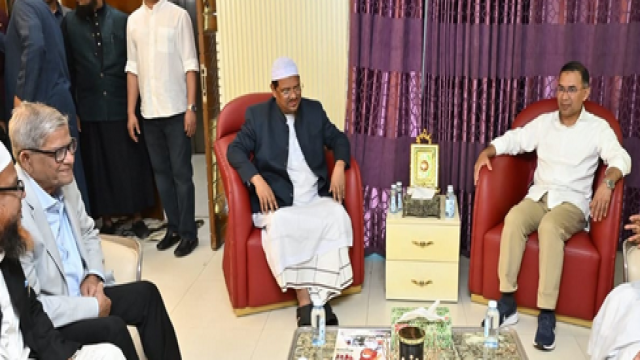











Comment: